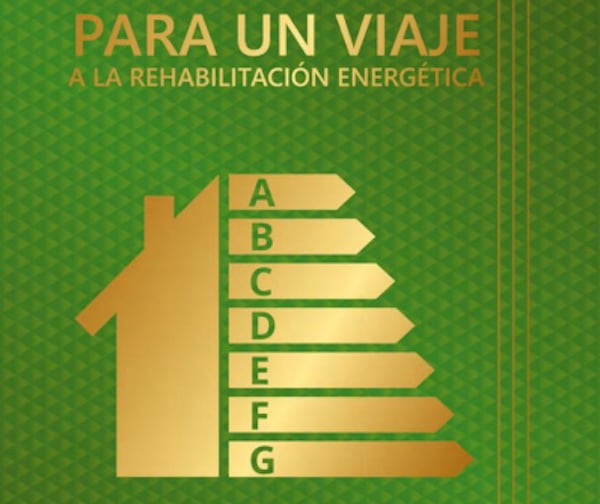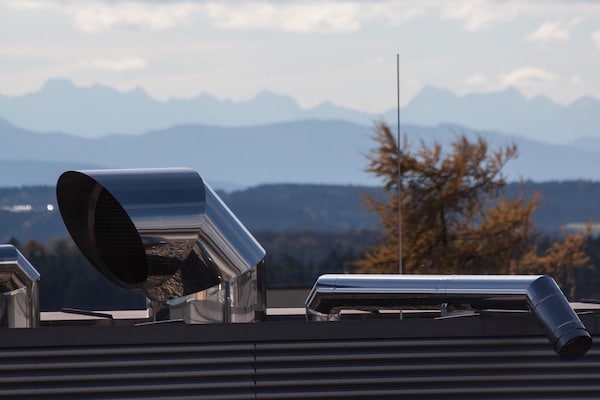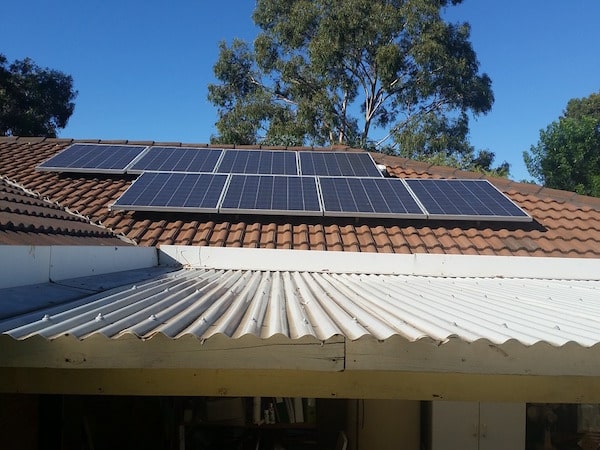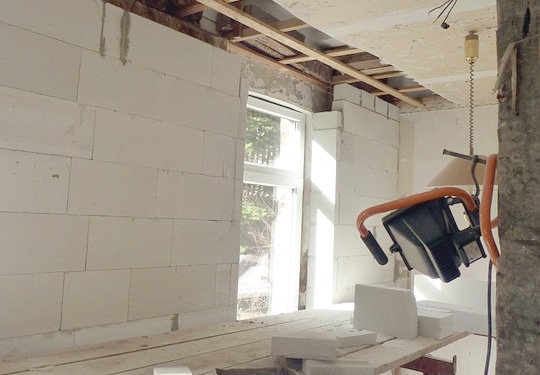As we saw recently, Europe has an aging housing stockand the Spanish case is not an exception. In fact, the construction of more than half of this park goes back to the decade of the 80s. In order to ensure the well-being of its inhabitants, as well as being more respectful with the environment, it is urgent to promote ecological rehabilitation, something in which an energy passport could help a lot.
The proposal has come from the law firm Garrigues and the Advisory consultant for technical, economic and strategic G-advisory. They have already been officially presented it to the Institute for Energy Diversification and Saving (IDEA), an entity belonging to the Ministry for Ecological Transition.
This energy passport consists of a kind of agreement between the owners of the houses and the Administration itself, which would put at their disposal a series of aid for the reforms that are being undertaken. In essence, it is a program of aid to these rehabilitation reforms within a minimum period of four years.
This proposal has been considered after the preparation of a report commissioned by the “La Casa que Ahorra Foundation”, which shows that in Spain there are about 350,000 homes that can/should be rehabilitated each year.

Progressive rehabilitation
The actions that could obtain this type of aid, would go from the own writing and execution of the rehabilitation, to the necessary auxiliary facilities; even, at the cost that must be faced for the preparation of all the previous studies necessary to have a good diagnosis of the state of the property.
A good part of the reforms would be aimed at reducing the global annual energy demand for heating and cooling of the building and the objectives are to reach at least 60% in the buildings that are located in climatic zones D and E, in accordance with the Technical Code of Building (CTE), as well as 50% in buildings that are located in climatic zone C. In the case of climatic zones A and B, the goal of approximately 50% would be set.
In order to incentivize the works and also that they culminate, the proposed model is based on an initial payment of 80% of the cost of each phase and the remaining 20% when the project has been completely finished. All this accompanied by other fiscal measures, such as a bonus of up to 50% of the full amount of the Property Tax (IBI).
Those responsible for the initiative, conceive it as an intelligent and sustainable bet for comfort and quality of life. In this way, and in a range of between four and ten years, it is possible to face reforms aimed at improving the thermal insulation of the façade, the elements of the building’s enclosure, the thermal insulation of both the roof and the floor, or all the sanitary hot water systems and the rest of clean energy production equipment, among others.
Economic benefits
As explained by the consultant who has prepared the report, to put the entry into operation of this energy passport, the activity of the sector would be extraordinarily dynamic by 2030. To illustrate this statement, among the estimates made by the Foundation include:
- Contribution to GDP in more than 6,000 million euros
- Year-on-year growth in employment of 140,000 workers
- Reduction of emissions by 16%, compared to 2017 (equivalent to 36% compared to 2005).
- Net annual impact of 900 million euros per year in 2030
- Savings in the purchase of emissions by value, at least, of about 300 million euros per year, which and can even quadruple.







Leave A Comment